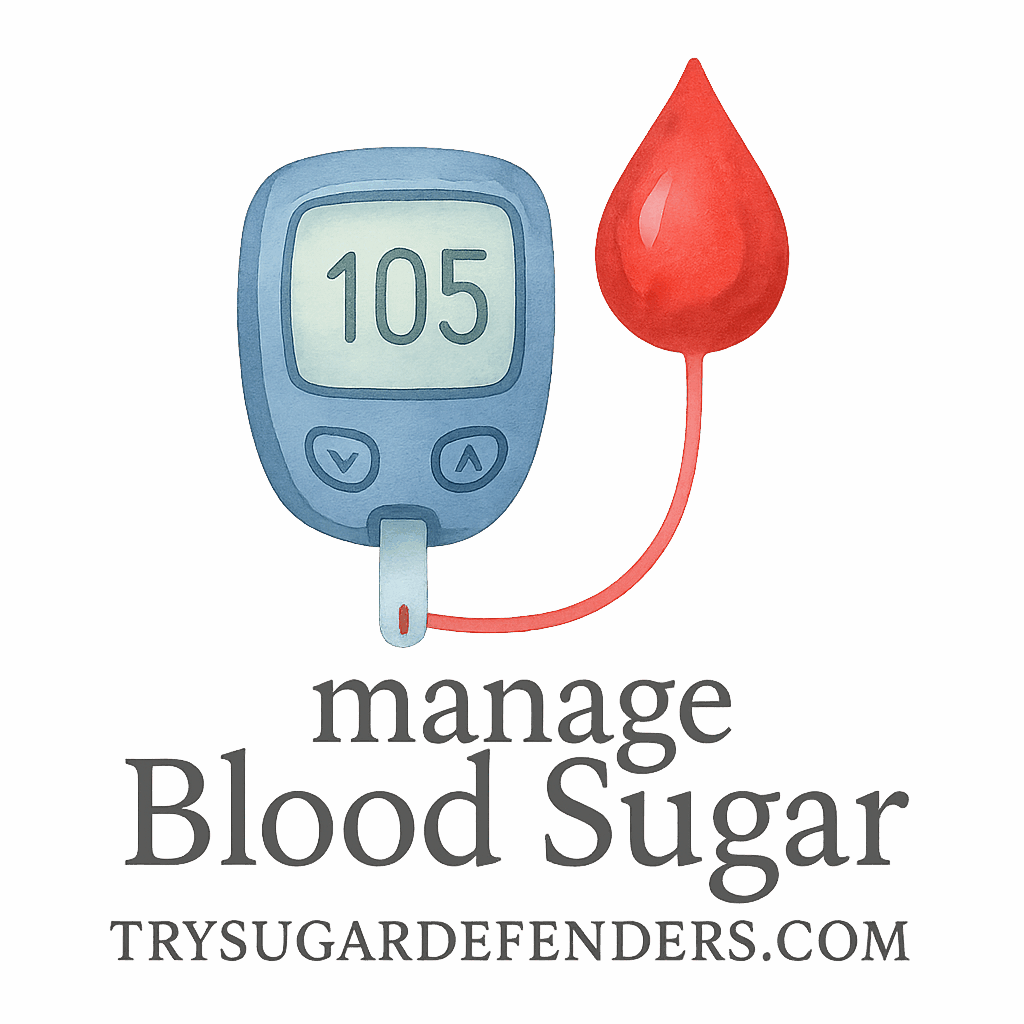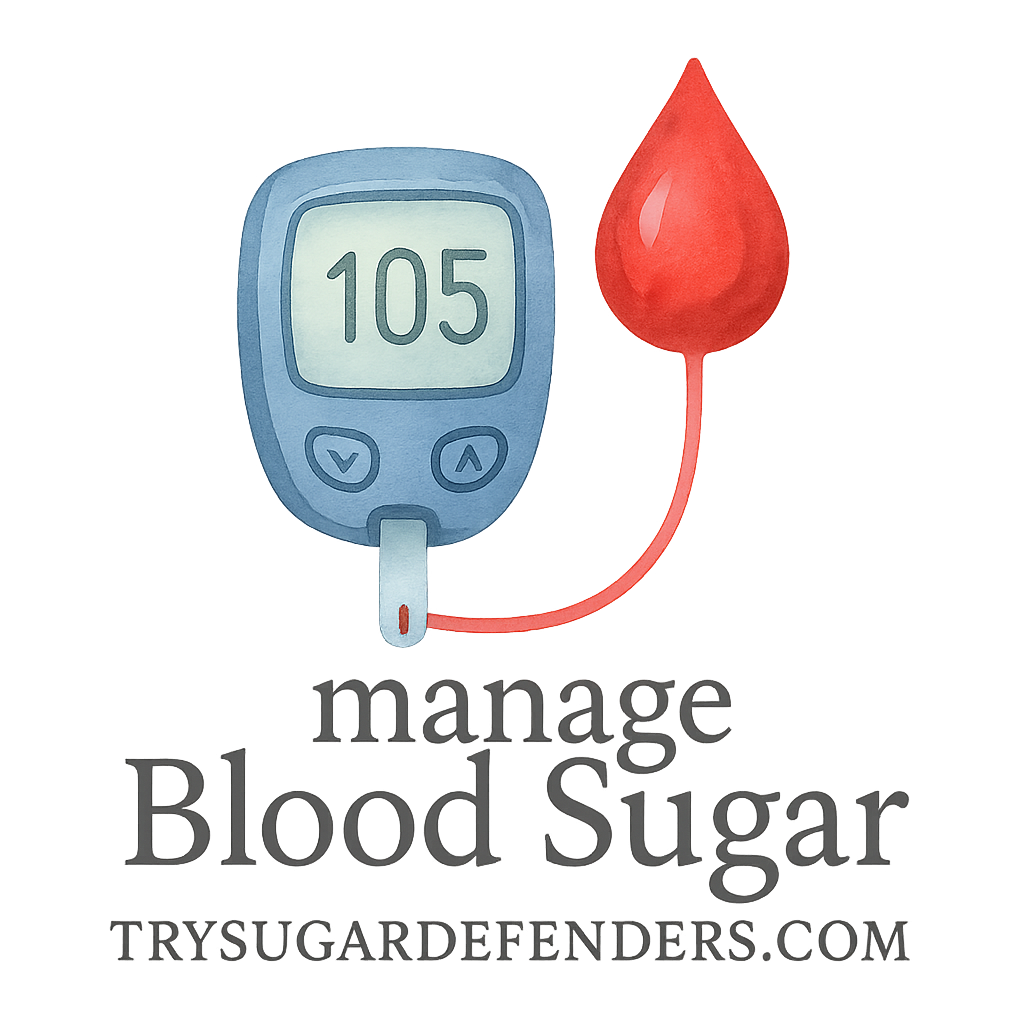Looking to tame your blood sugar while still eating delicious meals? You’re in the right place. Fiber-rich recipes are a game-changer for anyone wanting to avoid sugar spikes, crashes, and that sluggish after-meal feeling. Let’s dig into what makes fiber your metabolic best friend and get our forks ready for some flavorful meals!
Why Fiber Matters for Blood Sugar Stability
Soluble vs. Insoluble Fiber: What’s the Difference?
There are two main types of fiber: soluble and insoluble. Soluble fiber (found in oats, beans, apples) dissolves in water and forms a gel-like consistency in your gut. This slows digestion and keeps your blood sugar levels more stable.
Insoluble fiber (found in whole grains, veggies, and nuts) adds bulk to your stool and keeps things moving. Both are important, but soluble fiber is especially crucial when it comes to blood sugar control.
How Fiber Helps Manage Blood Sugar Naturally
When you eat high-fiber foods, your body takes longer to break down carbohydrates. That means glucose enters your bloodstream slowly—helping you maintain healthy blood sugar levels over time. Fiber is basically nature’s way of putting a speed bump on your sugar highway.
Want to dig deeper into diet and nutrition strategies? Explore the best guides and expert tips on keeping your levels in check.
Tips for Cooking Blood Sugar-Friendly Recipes
Ingredient Swaps That Pack in the Fiber
- Swap white rice for quinoa or farro
- Use legumes like chickpeas, lentils, and black beans
- Bake with oats or almond flour instead of white flour
- Throw chia seeds, flaxseed, or hemp into smoothies and oatmeal
Cooking Methods That Preserve Nutrients
Roasting, steaming, and sautéing over low heat preserve fiber and nutrient content. Avoid deep-frying—it ruins the health benefits and spikes your blood sugar faster than you can say “insulin crash.”
Explore more exercise & lifestyle tips to maximize your efforts in the kitchen!
High-Fiber Recipe #1: Chickpea & Quinoa Power Bowl
Ingredients
- 1 cup cooked quinoa
- ½ cup canned chickpeas (rinsed & drained)
- 1 cup steamed broccoli
- ½ avocado, sliced
- 2 tbsp tahini dressing
- Lemon juice, salt, pepper to taste
Instructions
- Cook quinoa per package directions.
- Steam broccoli until tender.
- Combine all ingredients in a bowl.
- Drizzle with tahini dressing and lemon juice.
Why It Works for Blood Sugar
High in both soluble and insoluble fiber, this bowl stabilizes glucose while giving your taste buds a high-five.
High-Fiber Recipe #2: Lentil Vegetable Soup
Ingredients
- 1 cup dried green lentils
- 2 cups chopped spinach
- 1 diced carrot
- 1 celery stalk
- 1 small onion
- 2 cloves garlic
- 4 cups low-sodium veggie broth
- Herbs: thyme, bay leaf, black pepper
Instructions
- Sauté onion, garlic, carrot, and celery in a pot.
- Add broth, lentils, and herbs.
- Simmer for 25–30 minutes.
- Add spinach at the end and stir until wilted.
Why It Works for Blood Sugar
Lentils are fiber rockstars. They digest slowly and help keep energy steady.
Dive into medical supplements that work alongside diet changes.
High-Fiber Recipe #3: Oatmeal Chia Breakfast Bake
Ingredients
- 2 cups rolled oats
- ¼ cup chia seeds
- 2 cups almond milk
- 1 mashed banana
- 1 tsp cinnamon
- ½ cup blueberries
Instructions
- Mix everything in a baking dish.
- Bake at 350°F for 25–30 minutes.
- Cool before serving.
Why It Works for Blood Sugar
Oats and chia create a perfect duo for fiber and slow-release carbs.
Check out our guide on behavioral & mental strategies to complement breakfast rituals.

High-Fiber Recipe #4: Roasted Brussels Sprouts & Farro Salad
Ingredients
- 1 cup cooked farro
- 1 cup halved Brussels sprouts
- 1 tbsp olive oil
- 1 tbsp balsamic vinegar
- ¼ cup walnuts
- Salt, pepper
Instructions
- Roast Brussels sprouts in olive oil for 20 minutes.
- Toss with farro, walnuts, and balsamic.
Why It Works for Blood Sugar
Farro is packed with fiber and protein, while sprouts offer digestive benefits.
Looking for high-fiber methods? This salad’s got you covered.
High-Fiber Recipe #5: Sweet Potato & Black Bean Tacos
Ingredients
- 1 medium sweet potato, diced
- ½ cup black beans
- 2 small corn tortillas
- Salsa, avocado, lime
Instructions
- Roast sweet potatoes at 400°F for 25 mins.
- Warm tortillas and fill with beans, potatoes, toppings.
Why It Works for Blood Sugar
Sweet potatoes = complex carbs. Black beans = fiber and protein. Win-win.
Explore more blood sugar control meals in our blog.
High-Fiber Recipe #6: Berry Flaxseed Smoothie
Ingredients
- 1 cup unsweetened almond milk
- ½ cup mixed berries
- 1 tbsp ground flaxseed
- ½ frozen banana
- Ice cubes
Instructions
- Blend until smooth.
- Serve immediately.
Why It Works for Blood Sugar
Flaxseed and berries slow sugar absorption and help curb cravings.
Discover more devices and tech that track your sugar levels.
High-Fiber Recipe #7: Cauliflower & Chickpea Stir-Fry
Ingredients
- 1 cup cauliflower florets
- ½ cup chickpeas
- 1 tbsp olive oil
- Garlic, turmeric, black pepper
- ¼ cup chopped kale
Instructions
- Heat oil and sauté garlic.
- Add cauliflower, chickpeas, kale, and spices.
- Cook until cauliflower is tender.
Why It Works for Blood Sugar
It’s loaded with fiber and anti-inflammatory spices that support stable glucose.
Check out tracking tools to measure progress with meals like this.
Bonus Tips to Keep Your Blood Sugar in Check
Combine Recipes with Exercise & Lifestyle Habits
Fiber alone isn’t magic. You’ve got to move too! Pair these meals with regular walks, stretching, or strength training. Explore fitness guides for beginner-friendly routines.
Use Tools to Track Your Progress
Monitor your blood sugar with helpful technology or seek consultation with your doctor to create a personalized meal plan.
Conclusion
So there you have it—seven fiber-packed recipes that are as delicious as they are effective. Incorporating more fiber into your daily meals is a simple yet powerful way to support blood sugar control and feel energized all day. Small changes lead to big results. Ready to take the next bite toward better health? Let’s do this—forks up!
FAQs
1. How much fiber should I eat daily for blood sugar stability?
Most adults need about 25–35 grams of fiber daily. Focus on whole foods like legumes, veggies, and whole grains.
2. Can I use canned beans in these recipes?
Absolutely! Just rinse them to reduce sodium.
3. Are these recipes suitable for people with diabetes?
Yes, they’re designed to help manage blood sugar levels naturally. Always consult with your doctor before making dietary changes.
4. Can kids eat these high-fiber meals too?
For sure! They’re nutritious and family-friendly.
5. How do I track blood sugar responses to these meals?
Use monitors or glucose tracking apps to understand how your body responds.
6. Will eating more fiber help me lose weight?
It can! Fiber helps you feel full longer, reducing cravings and overeating.
7. Where can I find more high-fiber plans?
Check out our diet, plan, and guide categories for more inspiration.


